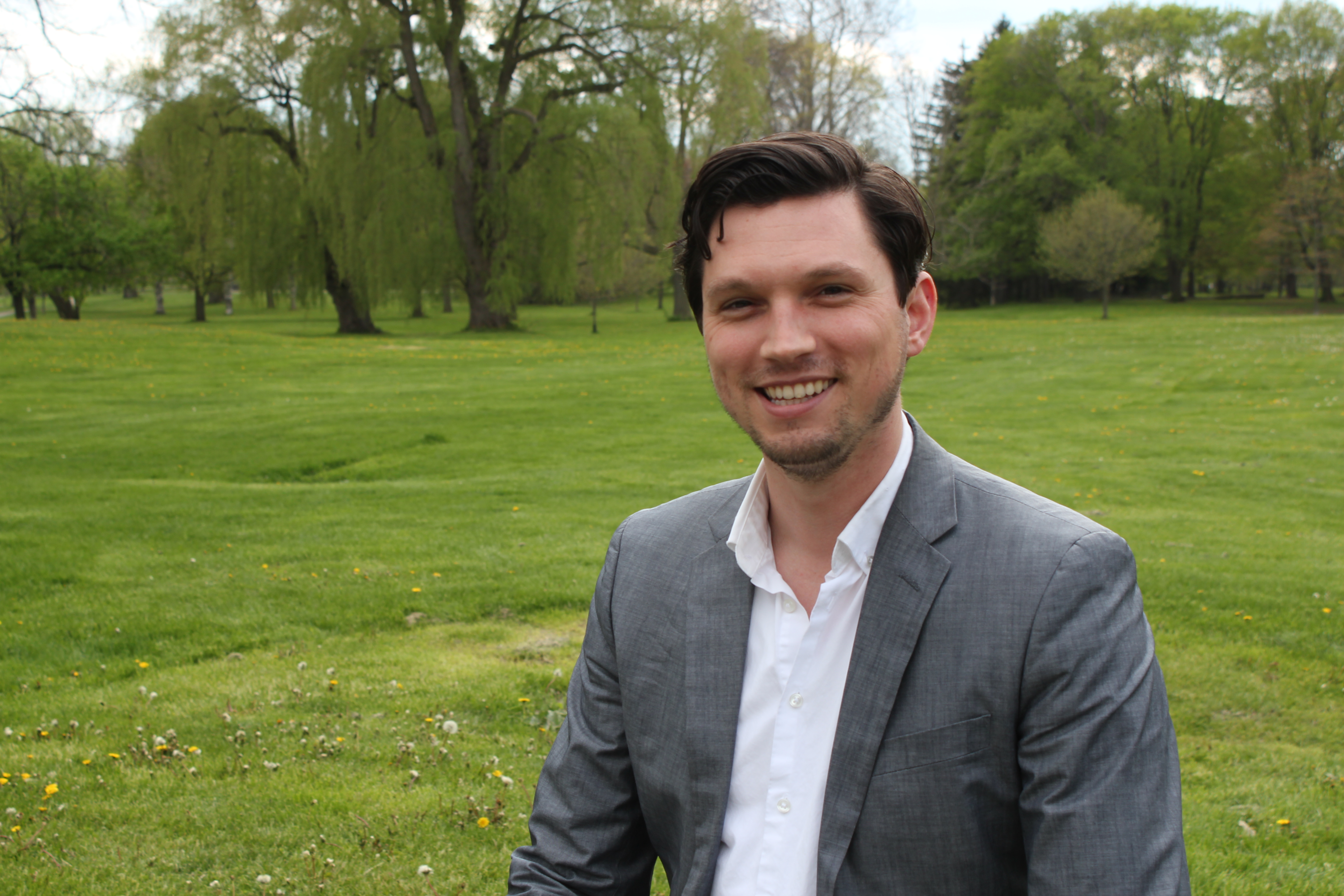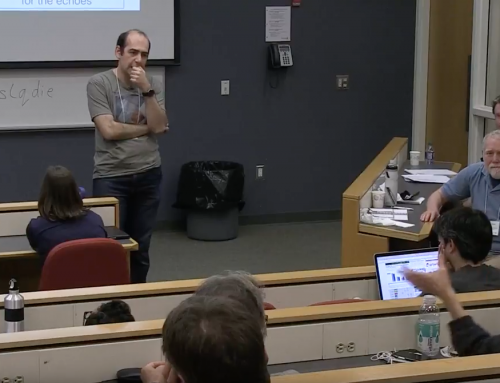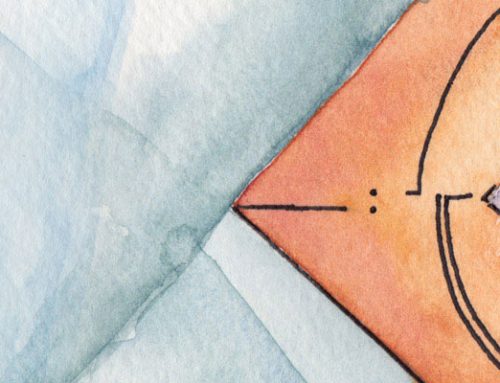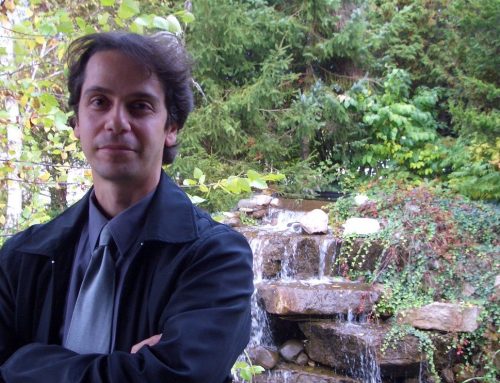Rotman Institute of Philosophy Postdoc Lucas Dunlap was recently featured on the Blog of the APA in the Course Spotlight Series for his Philosophy and Time Travel course. Lucas teaches an online class called “Philosophy & Time Travel”, which focuses on the philosophical issues raised by the physics of time travel. We asked him to say more about the science fiction movies and TV shows that are assigned as part of the course.
In Philosophy & Time Travel, one of the major components of the course is SciFi Fridays, where the students watch classic time travel movies and TV show episodes. This gives them an opportunity to critically assess some popular time travel storytelling tropes. Some of the movies and TV episodes we watch are consistent with what our best physical theories say is possible with relation to time travel, and some are not.
Here’s a list of the movies the students are assigned over the course of the term:
The Time Machine – This is the classic 1960 production of the H.G. Wells story that first codified our current conception of time travel in fiction (i.e. a scientist building a machine that manipulate his position in time). The interesting feature of the plot of this movie is that the time traveler goes back and forth through time more than once. Since he travels back to the past from the future he visits, this gives rise to the possibility of creating a paradox.
Back to the Future, Parts I and II – Back to the Future Part I is probably one of the most famous time travel stories that gets just about everything wrong. Marty travels into his own past and interferes with it, causing the erasure of his own future (memorably represented by his image disappearing from a photograph that he carried with him from his original time). Even though he does change the past (the story of how his parents met is changed by Calvin Klein’s interference), his own existence is somehow not undermined, and he returns to the future to find that everything has changed. Back to the Future Part II is where the franchise first attempts to explain these discrepancies by using a branching time model. However, there are additional problems with modeling TT in this way, which you can read about in a recent paper of mine here.
Harry Potter and Prisoner of Azkaban – The final act of this movie is a great example of a perfectly self-consistent time travel story.
The Terminator – Another classic example of a perfectly self-consistent time travel narrative. The puzzle in this story is whether John Connor is the cause of his own existence. While this kind of time travel paradox (called the “Information Paradox”) is very strange, it is not self-contradictory, the way the classic “Grandfather Paradox” is.
Star Trek – The 2009 reboot of the Star Trek film series is a notable example of a parallel-timelines model of a time travel narrative that works very well. The changes caused by time travel into the past create an alternate timeline, in which a different history is possible.
Interstellar – While there is some controversy about the ending of this movie, one thing Interstellar does very well is represent the effect of gravity on time (e.g. when the crew visits a planet orbiting near a supermassive black hole, they age much less than their crew mate who stays behind to wait for them on the ship). This is called time dilation, and is a real feature of the way time works in our universe.
Primer – This is one of my all-time favorite time travel movies. It was shot on a shoestring budget, and its story is incredibly complex. There is ongoing debate about whether the story is consistent with any model of time travel, or whether it is just a mess.
In addition to these movies, the students watch the following TV show episodes:
Star Trek: The Original Series – “Tomorrow is Yesterday” (S. 1 Ep. 19)
Star Trek: The Next Generation – “Time Squared” (S. 2 Ep. 13), “Yesterday’s Enterprise” (S. 3 Ep. 15), “A Matter of Time” (S. 5 Ep. 9), and “Cause and Effect” (S. 5 Ep. 18)
Dr. Who – “Blink” (S. 3 Ep. 11)
Futurama – “Space Pilot 3000” (Vol. 1 Ep. 1), “Roswell The Ends Well” (Vol. 3 Ep. 20), and “The Late Philip J. Fry” (Vol. 5 Ep. 7)
Bonus: One of my favorite time travel movies is a Spanish movie called Los Cronocrímenes (the English title is Timecrimes). It’s excellent, but don’t watch the trailer beforehand.
Futurama has many time travel stories, and I am only able to assign a small number of them in this class. Notably, there is a sequence of episodes that tells the (rather complex) story of Fry’s presence in the future. They are “Space Pilot 3000” (Vol.1, Ep.1), “The Day the Earth Stood Stupid” (Vol.3, Ep. 10), “Roswell That Ends Well” (Vol. 3, Ep. 20), “The Why of Fry” (Vol. 4, Ep 10), and the movie Bender’s Big Score.






